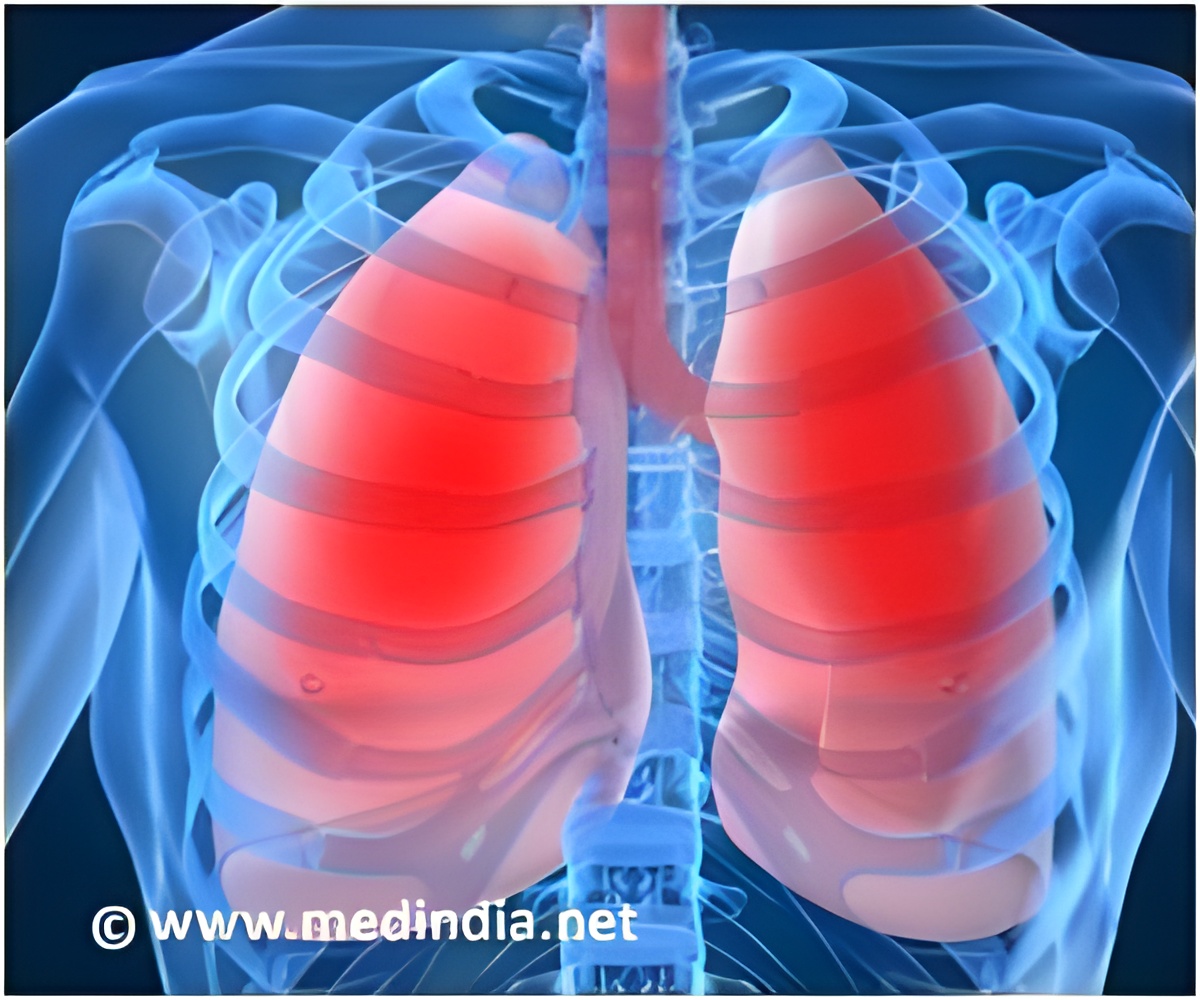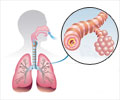A new study reveals that patients with chronic obstructive pulmonary disease (COPD) who are infected with Pseudomonas aerguinosa bacteria have worse clinical outcomes

Bacterial bronchial infection plays a key role in the course of COPD, causing chronic inflammation as well as acute exacerbations of symptoms, and is related to increased levels of illness and mortality among COPD patients.
"Previous studies have shown that infection with P. aeruginosa is more common in patients with more severe COPD ," said study researcher Sanjay Sethi, MD, FACP, chief of the Pulmonary/Critical Care/Sleep Medicine Division at the University at Buffalo, SUNY. "In this study, we wanted to determine if infection with P. aeruginosa was associated with poorer clinical outcomes, such as hospitalizations, need for intensive care, and greater numbers of exacerbations."
The study focused on 177 patients who participated in a COPD study at the Buffalo Veterans Affairs Medical Center from March 1994 to January 2011. Study participants had clinic visits every month and additional visits during exacerbations. During each visit, clinical information and sputum samples were taken. Patients with less than six months of follow-up were excluded from the study.
For this analysis, study participants were divided into two groups: those whose sputum samples showed evidence of P. aeruginosa (PA+) infection and those whose samples showed no evidence of the bacteria (PA-). In addition, follow-up times were divided into two phases, Phase 1 denoting the time period prior to acquiring P. aeruginosa and Phase 2 covering the time period after the bacteria had been identified in the sputum.
"As COPD progresses, hospitalizations and exacerbations tend to increase and we had to account for that in our analysis. Therefore, we matched PA+ subjects with PA- subjects having similar duration of follow-up in the study," Dr. Sethi said. "Rates of events, including hospitalizations, ICU admissions and COPD exacerbations, and relative risks of having at least one event were compared in the two phases within and between the two groups."
Advertisement
"Similar analyses are being performed with other bacterial pathogens identified in our COPD study clinic data to determine if this observation is unique to P. aeruginosaor extends to other bacterial pathogens," Dr. Sethi said.
Advertisement
Dr. Sethi noted that to date, P. aeruginosa infection has received little attention as an important pathogen in COPD. As a result, studies of specific treatments to eradicate or contain this infection have not been conducted in COPD.
"This study suggests that we should pay more attention to these bacteria in COPD, and treatments to deal with this pathogen in COPD should be developed," he said.
Source-Eurekalert















